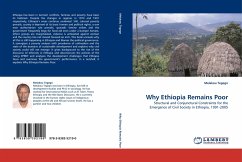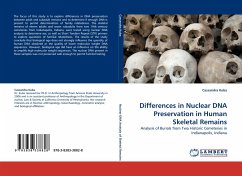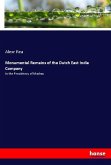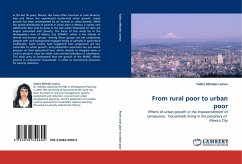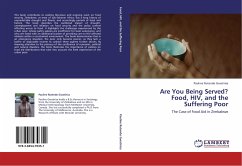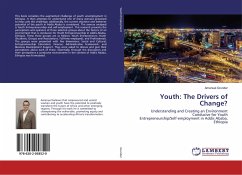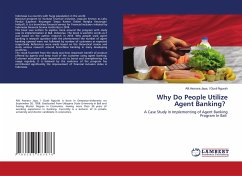Ethiopia has been in turmoil; conflicts, famines and poverty have been its hallmark. Despite the changes in regimes in 1974 and 1991 respectively, Ethiopia s woes continue unabated. Still, colossal poverty prevails, society is deprived of its basic human and political rights, a one man authoritarian rule prevails, sporadic famine strikes and the government frequently begs for food aid even under a bumper harvest, ethnic groups are marginalized, violence is unleashed against women and the country has not moved forward an inch. This book unravels why all this is still happening in Ethiopia and blames the political governance. It synergizes a poverty analysis with prevalence of unfreedom and the state of the domains of sustainable development and explains why civil society could still not emerge. It gives background to the rise of the discourse of ethnicity in Ethiopia and deconstructs the policies of the ruling EPRDF and analyses the development challenges that Ethiopia faces and examines the government s performance. In a nutshell, it explains Why Ethiopia Remains Poor.
Bitte wählen Sie Ihr Anliegen aus.
Rechnungen
Retourenschein anfordern
Bestellstatus
Storno

